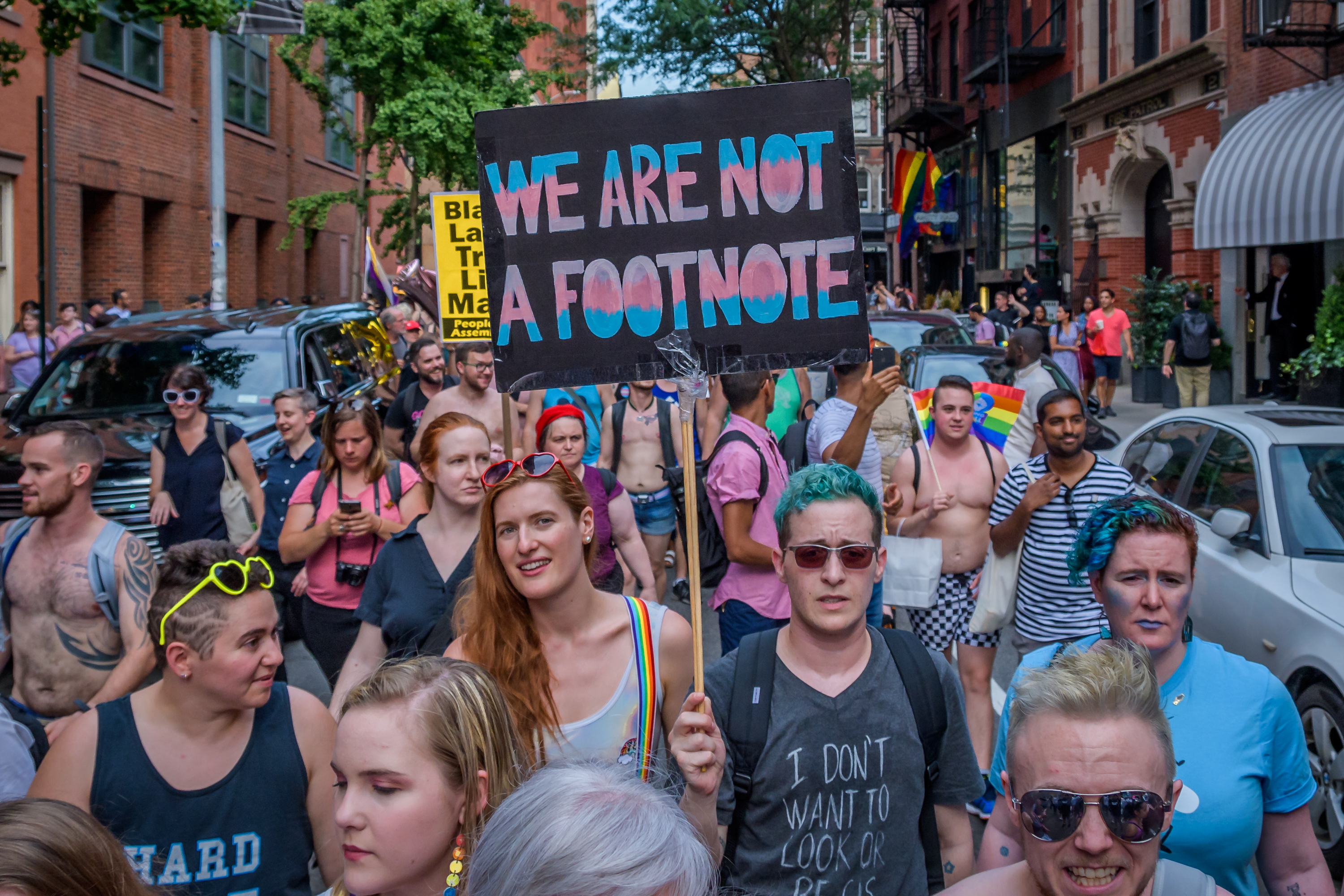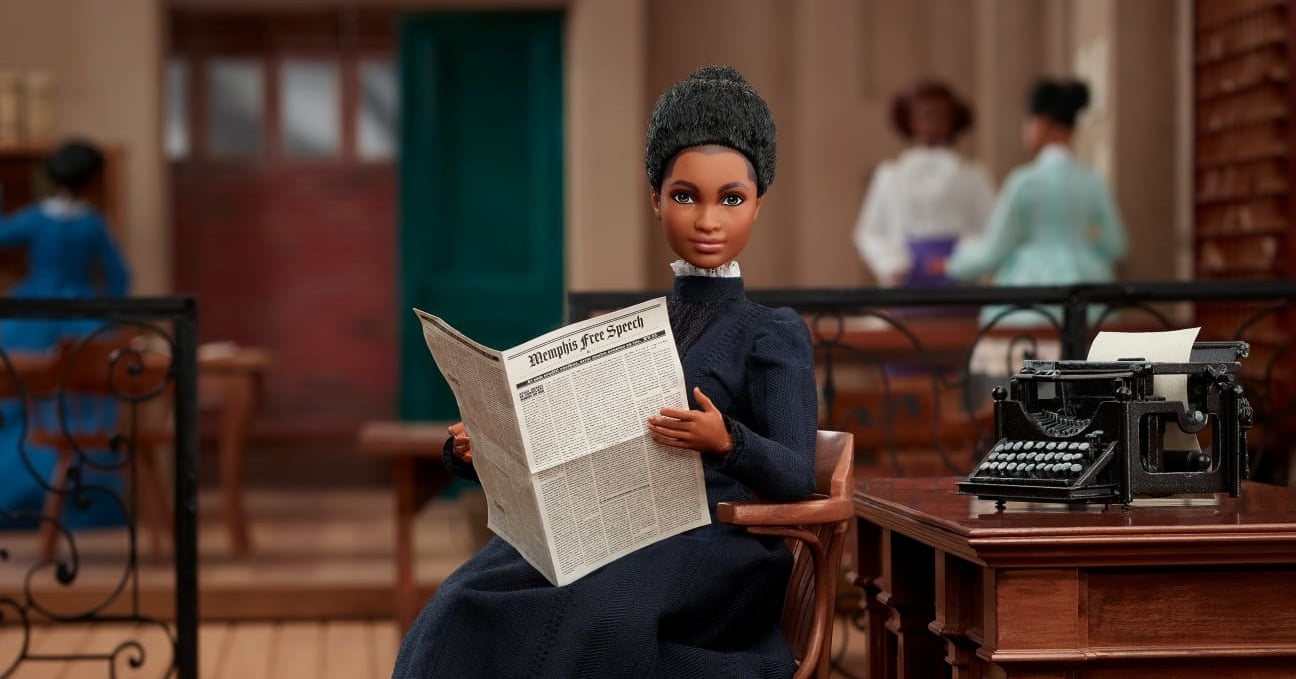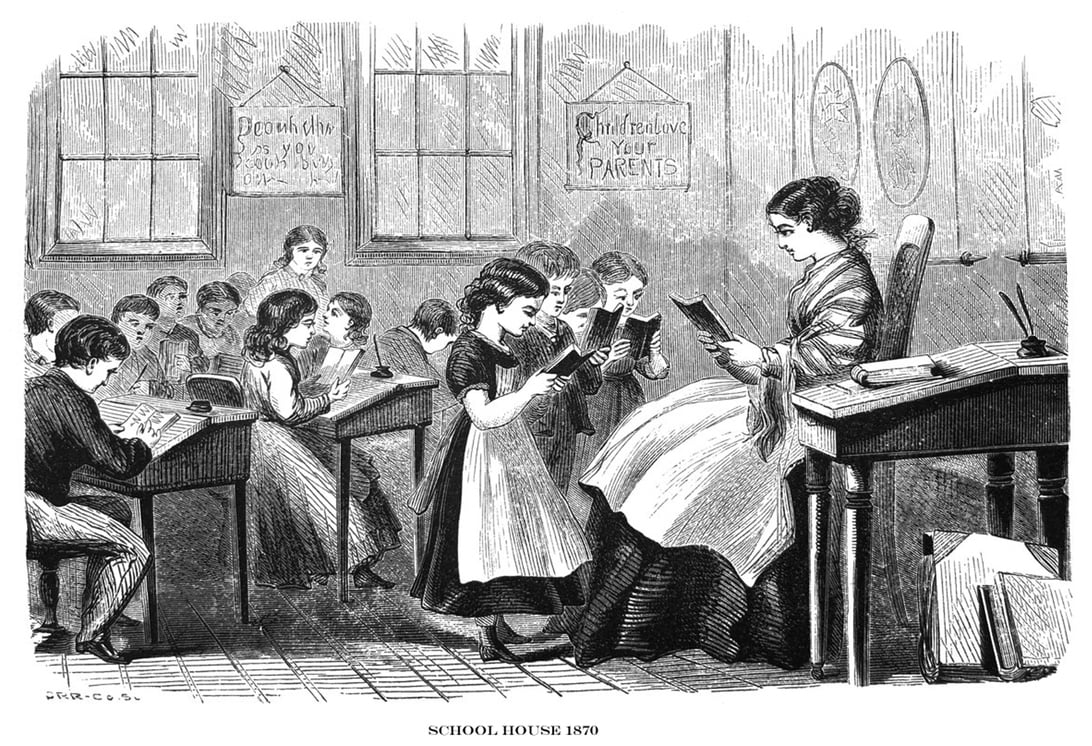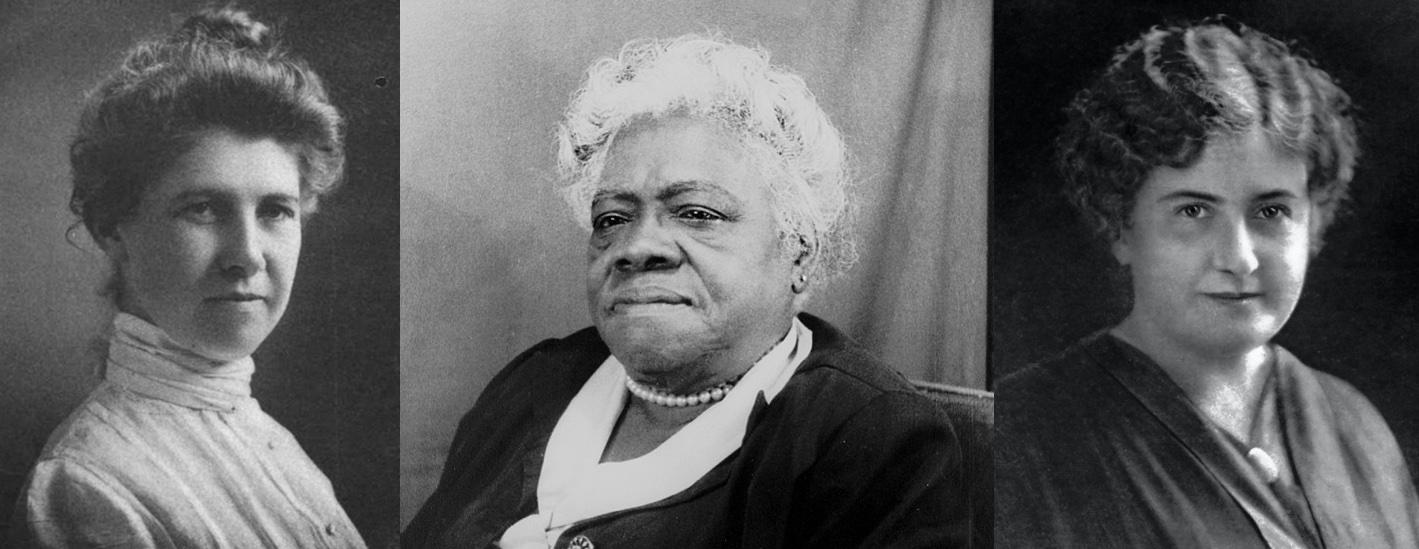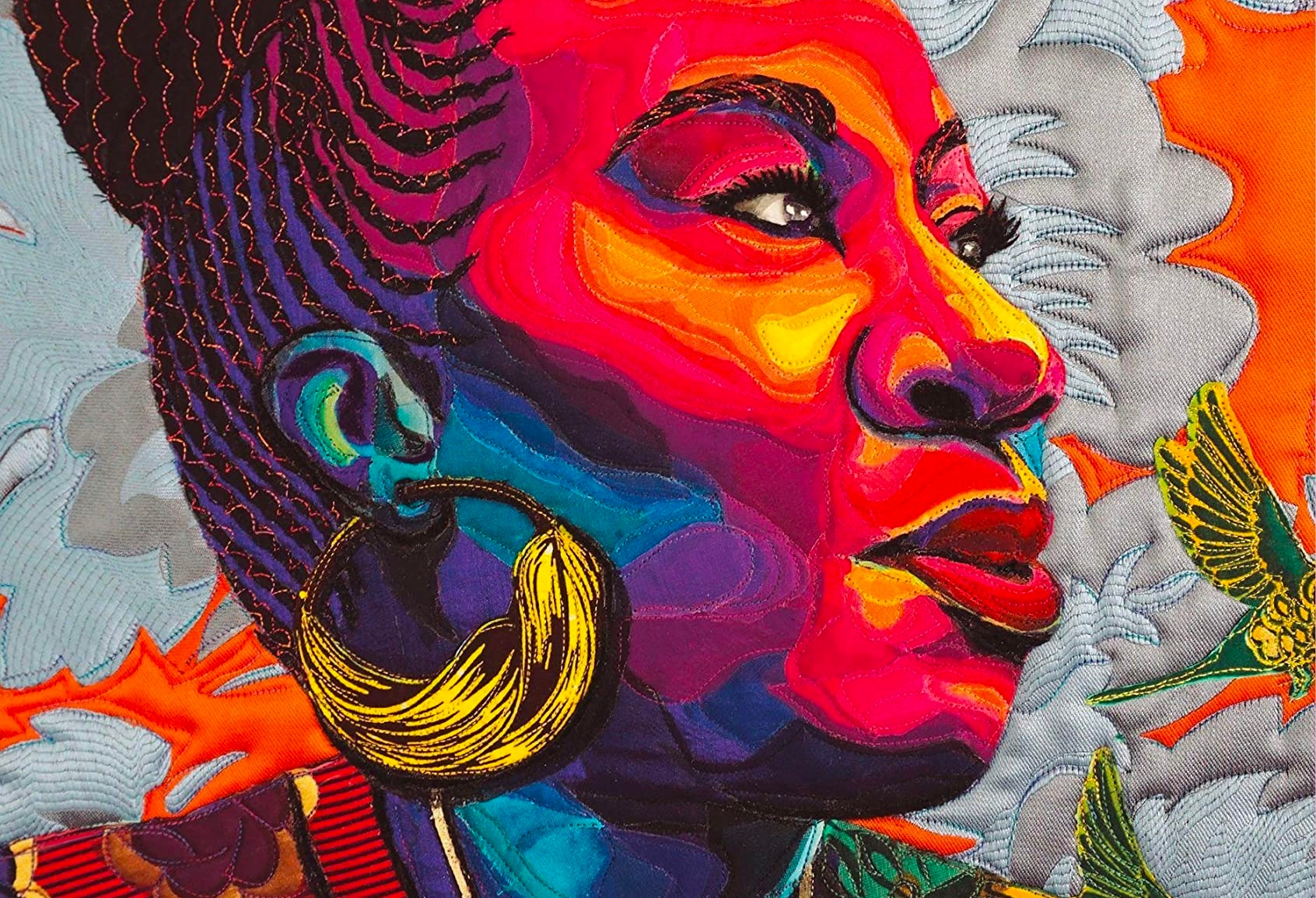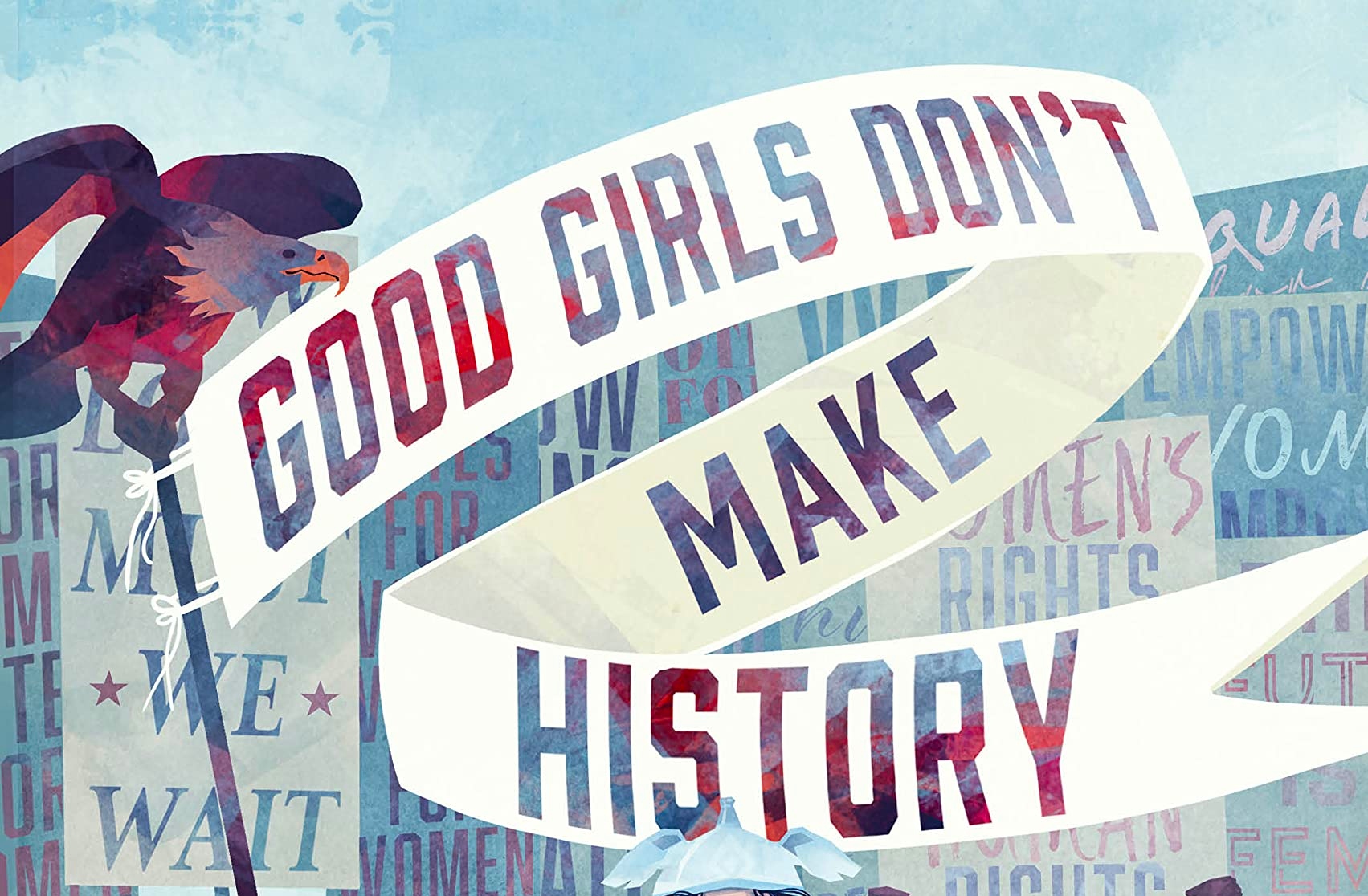Genocide Awareness Month each April is an annual period of remembrance that sheds light on the extremes of human behavior, surfacing the evil, altruism and resilience of which human beings are capable. As we sit with the strong emotions that this reflection elicits, there is also a rich opportunity to think critically about the specific historical and contemporary conditions under which genocide has occurred.
Below are 9 classroom resources that educators can use to unite head, heart, and conscience in their instruction on genocides past and present:
Read More
Topics:
Armenian Genocide,
Holocaust,
genocide
One of my clearest memories of discovering how much I loved to read is of sprinting through Shel Silverstein’s poetry collections. I remember how delighted I was to learn that he had written many, how fascinated I was to understand that “author” was a job some adults in fact had. That, just like my parents who went to work everyday, authors like Shel wrote and got paid. I started filling my own notebooks with illustrations and the prose of an eight-year-old. Later, learning that Shel Silverstein was Jewish, just like me, made me weigh some of his words differently. It was my first understanding of what writing as a minority might look like. I was hooked.
Read More
Topics:
Identity,
In the news,
LGBTQ,
reflection,
transgender
In January 2022, many were surprised to see news reports about a new “Barbie” made in the likeness of Ida B. Wells, the legendary African American journalist and anti-lynching activist. While doll collectors rejoiced to learn that Mattel made a new addition to its Inspiring Women Series of Barbies, many weren’t aware that the series even existed. Though this subject may seem tangential to the concerns of middle and high school educators, the emergence and evolution of Barbie provides meaningful insight into changing conceptions of gender, race, and education—as well as the role that educational objects like dolls play in young women’s development today.
Read More
Topics:
Racism,
Women's History Month,
gender
This essay was originally published in March 2020 and has been updated in March 2022.
Though we often think of Women’s History Month as a time to prioritize women’s voices and contributions in the classroom, this month is also a time to examine the profound ways in which women teachers, and broader perceptions of women, have shaped the teaching profession itself. From contemporary perceptions of the profession and the compensation of its workers, to the grounds for collective action that American teachers now enjoy, none can be understood outside the patriarchal context in which modern schooling emerged. Examining this history offers not only a richer understanding of the challenges faced by today’s teachers, but reveals places where we must continue to disrupt patriarchal rhetoric if we are to cultivate school communities that do right by teachers and students.
Read More
Topics:
Women's History Month
Here at Facing History, we see awareness months as opportunities to deepen our knowledge of and attention to the histories and contemporary experiences of historically marginalized communities. However, the focus on celebrating these communities over one particular month can further marginalize the very experiences we are hoping to elevate. With this in mind, what follows is an invitation to engage with important themes raised by Women’s History Month this March and throughout all of the months of the year.
As Women’s History Month draws to a close, we have an opportunity to reflect upon the wide array of women who have shaped the educational landscape for the better in the United States and around the world. Though there are countless figures one might highlight, the three below are among those that we can learn from and whose legacies continue to shape the contemporary educational landscape.
Read More
Topics:
Teachers,
Women's History Month
Beginning in 2021, we have seen a wave of anti-transgender legislation sweeping the country and having a particularly strong impact on transgender youth in schools. From coast to coast, social, cultural, and institutional support systems that make it possible for transgender people to navigate our world are increasingly becoming criminalized. The impact on young trans people in schools is becoming more visible, however, and points to a crucial opportunity for educators to make space for trans students—starting with deepening their knowledge of this critical subject.
Read More
Topics:
LGBTQ,
transgender
Here at Facing History, we see awareness months as opportunities to deepen our knowledge of and attention to the histories and contemporary experiences of historically marginalized communities. However, the focus on celebrating these communities over one particular month can further marginalize the very experiences we are hoping to elevate. With this in mind, what follows is an invitation to engage with important themes raised by Women’s History Month this March
and throughout all of the months of the year.
The #MeToo movement entered popular consciousness in 2007 when long-time activist Tarana Burke's work gained wide currency across the United States and world. But the #MeToo movement did not come out of nowhere and the nuances are important material to teach in the classroom. Below are three new books that have been released in the last year that address the ongoing struggle of women against gender violence. These include a memoir written by Anita Hill, a memoir written by Tarana Burke, and a text that connects the U.S.-based #MeToo movement to broader and ongoing fights for women’s rights around the globe. Below is promotional text excerpted from material offered by each book’s publisher:
Read More
Topics:
Women's History Month,
gender
Here at Facing History, we see awareness months as opportunities to deepen our knowledge of and attention to the histories and contemporary experiences of historically marginalized communities. However, the focus on celebrating these communities over one particular month can further marginalize the very experiences we are hoping to elevate. With this in mind, what follows is an invitation to engage with important themes raised by Women’s History Month this March and throughout all of the months of the year.
Read More
Topics:
Women's History Month,
Reading List
Here at Facing History, we see awareness months as opportunities to deepen our knowledge of and attention to the histories and contemporary experiences of historically marginalized communities. However, the focus on celebrating these communities over one particular month can further marginalize the very experiences we are hoping to elevate. With this in mind, what follows is an invitation to engage with important themes raised by Women’s History Month this March
and throughout all of the months of the year.
Read More
Topics:
Women's History Month,
Reading List
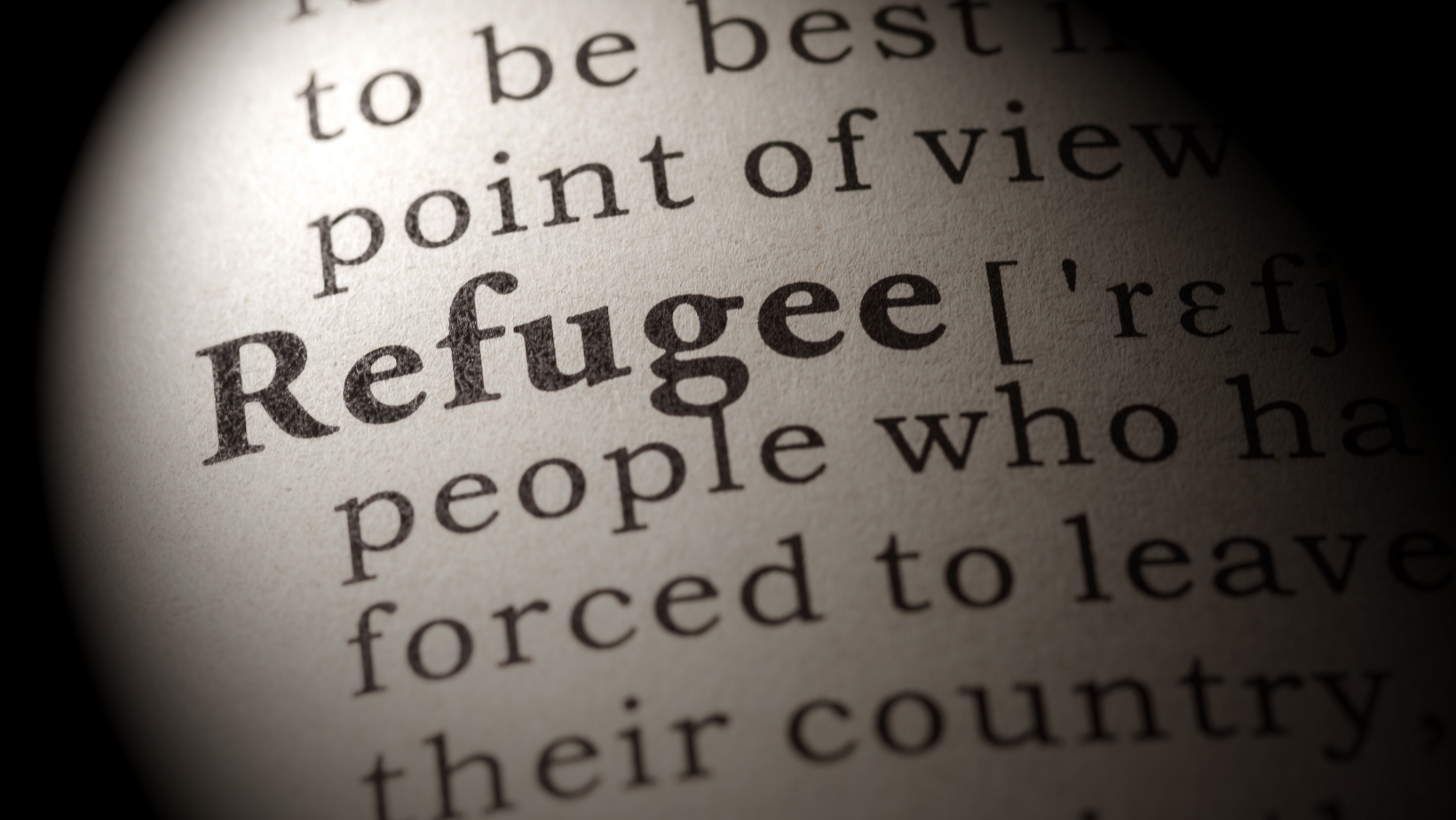
On February 20th, Russia launched a military invasion of the neighboring nation of Ukraine, prompting 1.5 million Ukrainians to flee the country in the immediate aftermath. As Ukrainian men are forced to stay behind and defend the country as part of their nation’s military, an unprecedented number of women and children have fled Ukraine, prompting what is projected to become the greatest European refugee crisis in a century. The reasons for the present invasion of Ukraine are highly complex and therefore difficult to teach in American classrooms. In our new Teaching Idea, we share some recommendations designed to help educators teach about the unfolding refugee crisis in Ukraine, but we also have resources designed to help you teach your students about the broader global refugee crisis of which this is a part. Below, we offer some complementary teaching tools that can help educators situate the Ukrainian refugee crisis in broader global histories of displacement and highlight its connections to other refugee crises.
Read More
Topics:
Refugees,
Refugee Crisis


